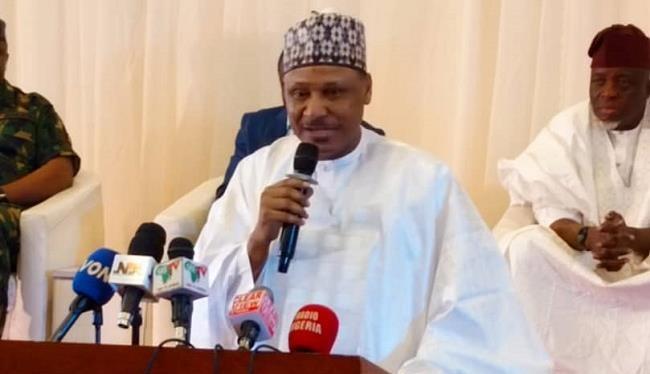In Nigeria, the practice is that development is often measured by the amount of money spent, rather than the change achieved. Annually, donor agencies invest substantial funds in development intervention projects – ranging from poverty alleviation, health, and agriculture to climate resilience and education. Yet the gaps remain wide – not just in infrastructure or service delivery—but in trust, ownership, and sustainability.

At the heart of this disconnect is our disregard for development communication in project ideation, formulation, and implementation.
What Is Development Communication?
Development communication is not about erecting billboards, airing jingles, or running PR campaigns. It is the deliberate use of communication to foster participation, build local knowledge systems, and drive behaviour change in ways that communities can own and sustain.
It’s about listening before designing projects, engaging before implementation, translating policy into people’s realities, and designing interventions with the people and for the people.
Development communication is the bridge between donor intent and community impact. Yet, development agencies and practitioners in Nigeria have largely continued to ignore this bridge.
Why Interventions Struggle Without Development Communication
In Nigeria, most donor-funded development interventions rely heavily on external consultants – many of whom have little or no knowledge of the communities they design projects for. Our idea of communication tends to be one-directional: pushing messaging campaigns with no real feedback loop, and often without clear Monitoring and Evaluation mechanisms to track impact.
Rather than focus on participatory dialogue, the emphasis is placed on visibility – media coverage, social media posts, glossy reports – while the people at the centre of these interventions are sidelined.
Because of our disregard for development communication that enables inclusive dialogue, the very people we aim to serve often become suspicious, and projects are abandoned.
This is also a result of our consistent disregard for indigenous knowledge systems. Our communication approaches are frequently designed for data extraction, not for relationship-building. We impose tools and messaging on communities, instead of fostering conversations with them.
I’ve seen this firsthand through fieldwork in FCT, Benue, Niger, and Nasarawa – where projects fail not because the ideas are bad, but because the communication is poor.
Case in Point: Climate Adaptation and Indigenous Knowledge
Over the last six years, I conducted eight field-based studies showing that rural farmers are already adapting to climate change using traditional knowledge and practices. But instead of integrating and building on these local systems, many development projects introduce “new” solutions that end up alienating the very people they are meant to support.
The problem is not innovation. The problem is the failure to respect existing knowledge and the lack of communication practices that recognise local context, language, and leadership.
Why Development Communication Is the Game Changer
If governments, development agencies, and partners begin to take development communication seriously, we will begin our projects with community-led communication diagnostics.
This would mean using Focus Group Discussions (FGDs), Key Informant Interviews (KIIs), and Participatory Learning and Action (PLA) tools – not just for baseline data collection – but to co-create solutions with communities.
It would mean involving the people our interventions are meant to serve in the design, implementation, and monitoring of the projects – not treating them as afterthoughts. It would also mean tracking how people feel, understand, resist, or embrace the work being done in their communities.
This is what makes change sustainable.
A Call to Donors and Development Actors
If you’re funding programmes in Nigeria and genuinely want real, measurable change, I ask that you start by asking:
- How are we listening?
- What communication structures are in place?
- Who is speaking – and who is being silenced?
Development communication is not a luxury. It is the missing link between funding and transformation. It is how we build trust, mobilise ownership, and secure long-term sustainability.
Let me be clear: if our interventions continue to ignore development communication, they will continue to lose the very people they’re meant to serve. And when we lose the people, we lose the impact we aspire to make.
It’s time to rethink our assumptions. Visibility is not engagement. Funding is not transformation. Real change starts with the right kind of development communication.
By Audu Liberty Oseni, Director, Centre for Development Communication – CDC
